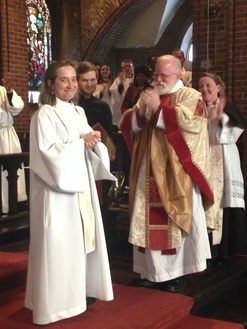 The family business: my cousin Mary Foulke-Hill being installed as Rector at St Mary's Episcopal Church, Harlem
The family business: my cousin Mary Foulke-Hill being installed as Rector at St Mary's Episcopal Church, Harlem Over the past few weeks, several people have forwarded me an opinion piece from The Guardian titled "Are we ready to face death without religion?"
They imagined it would bolster me in this thing I'm doing - what the writer Andrea Carlisle called "finding new ways to pass through old portals," that's reduced in this piece to "a rise in atheist funerals".
To my aunt's explanation of my vocation, and the assumption that I might embrace the mantle of "atheist funerals," I have to say: fair enough. I myself often describe my work as a Life-Cycle Celebrant as being "like a secular clergy person."
But I'm no longer sure that's accurate.
sec·u·lar
(ˈsekyələr/) adjective
- 1. denoting attitudes, activities, or other things that have no religious or spiritual basis.
"synonyms: nonreligious, areligious, lay, temporal, worldly, earthly, profane
Reading The Guardian opinion piece crystalized my misgivings. It describes a "deeply humanist conception of death" as springing from "the idea that needless suffering is the greatest evil there is and that autonomy is the supreme value."
If autonomy is the supreme value of secular humanism, I'm out. I hold interdependence as my supreme value. I'm not sure, as the author argues, that "we’re the ultimate owners of our own lives." I believe that how we live and how we die has consequence for many more than just ourselves.
That said, I'm no fan of organized religion. I myself am Christian-injured, to borrow an apt phrase from a friend. Orthodoxy doesn't look like much of an answer to me either.
My life these days, my work as a Celebrant, my time with the dying and the bereaved, may be without religion. But it's not without what has come to be called Capital-G-God-with-no-S.


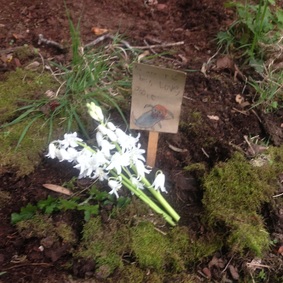
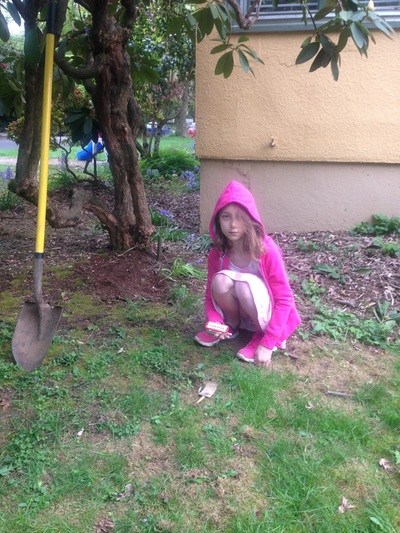
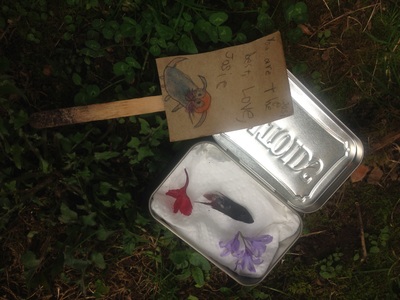
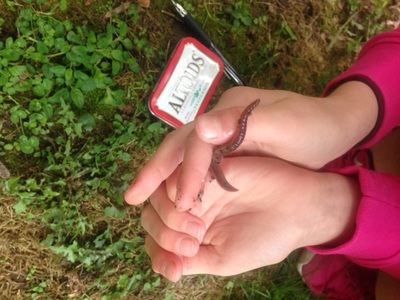
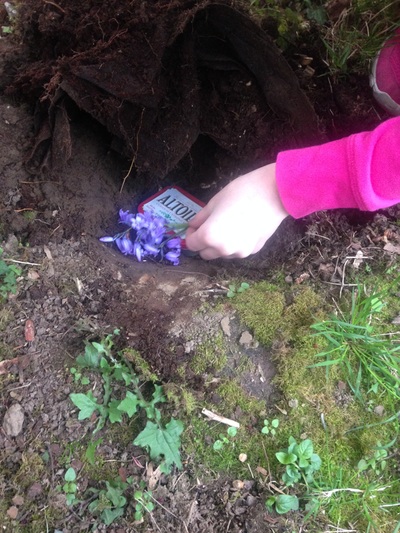
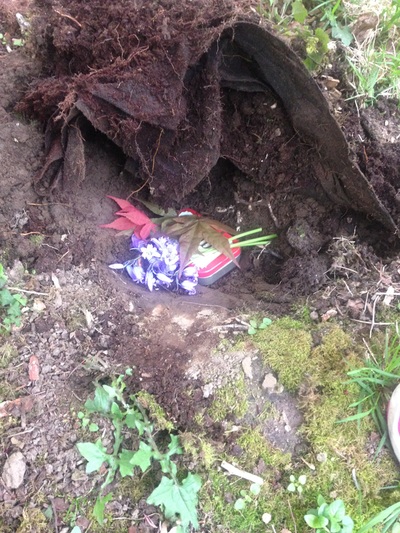
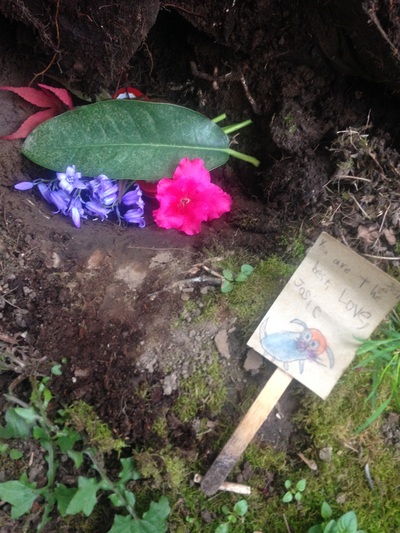
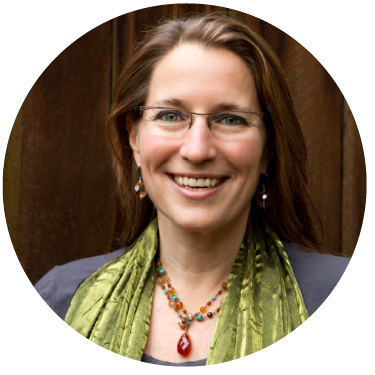
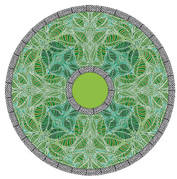
 RSS Feed
RSS Feed